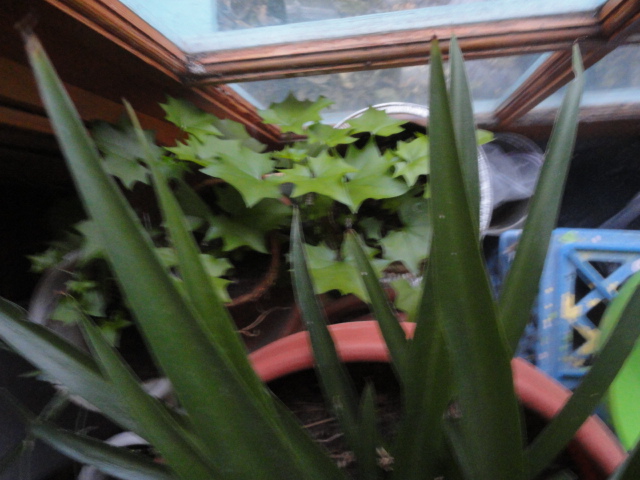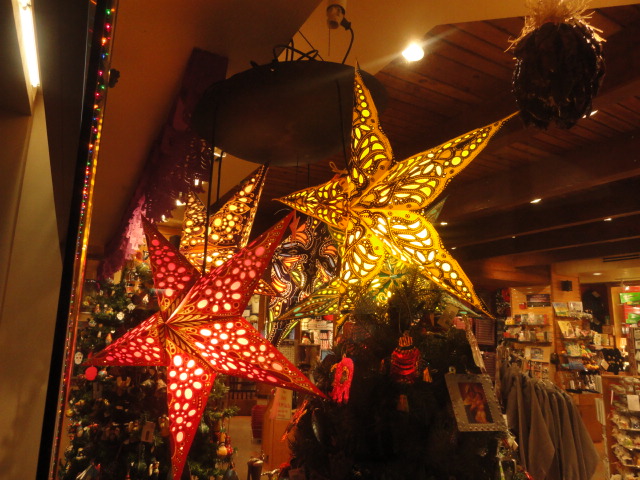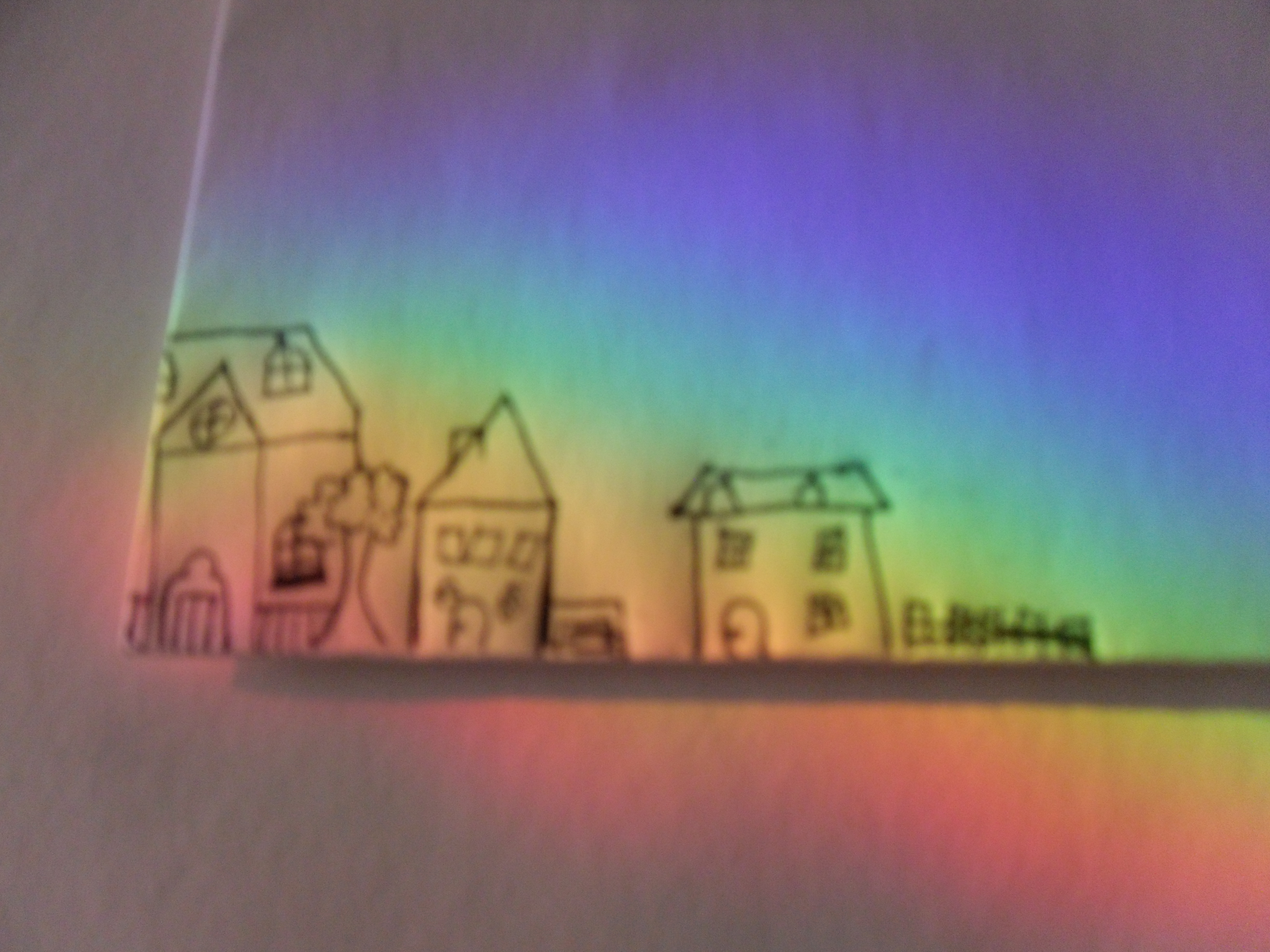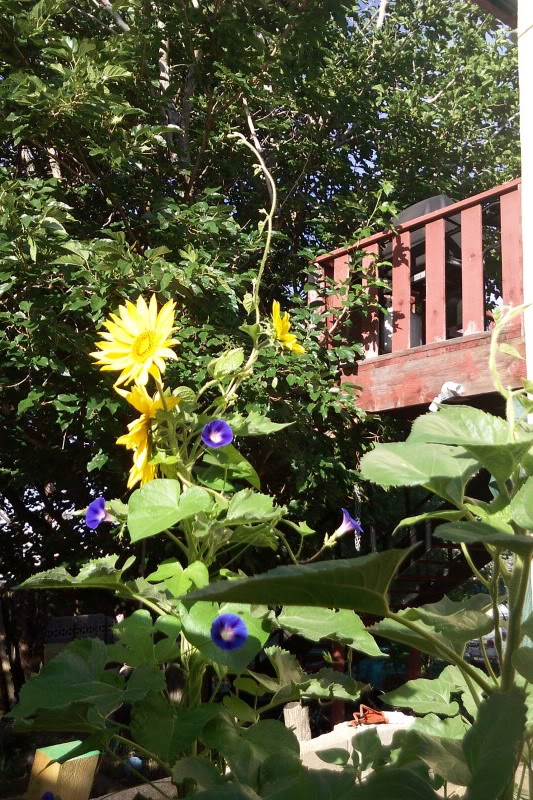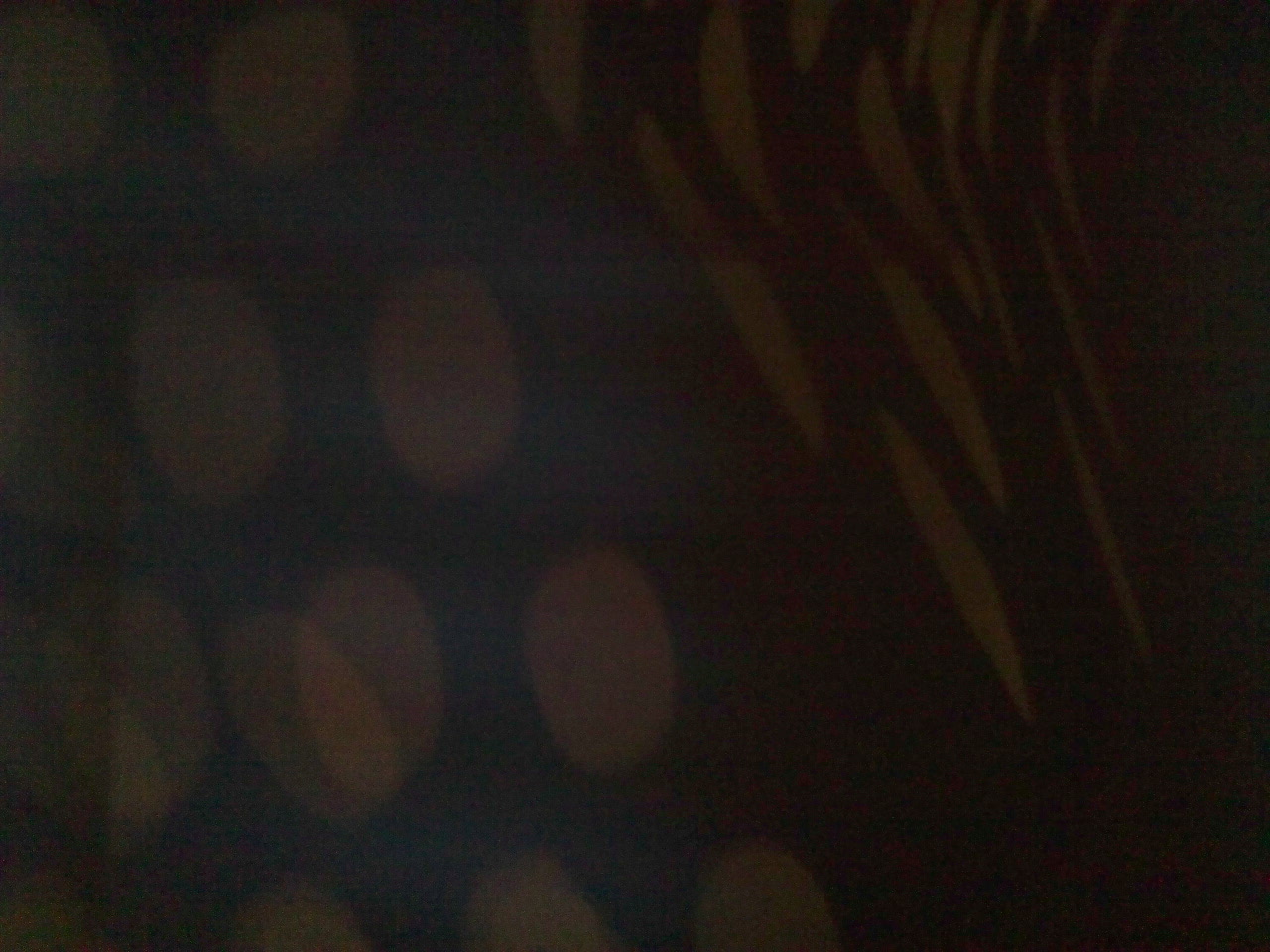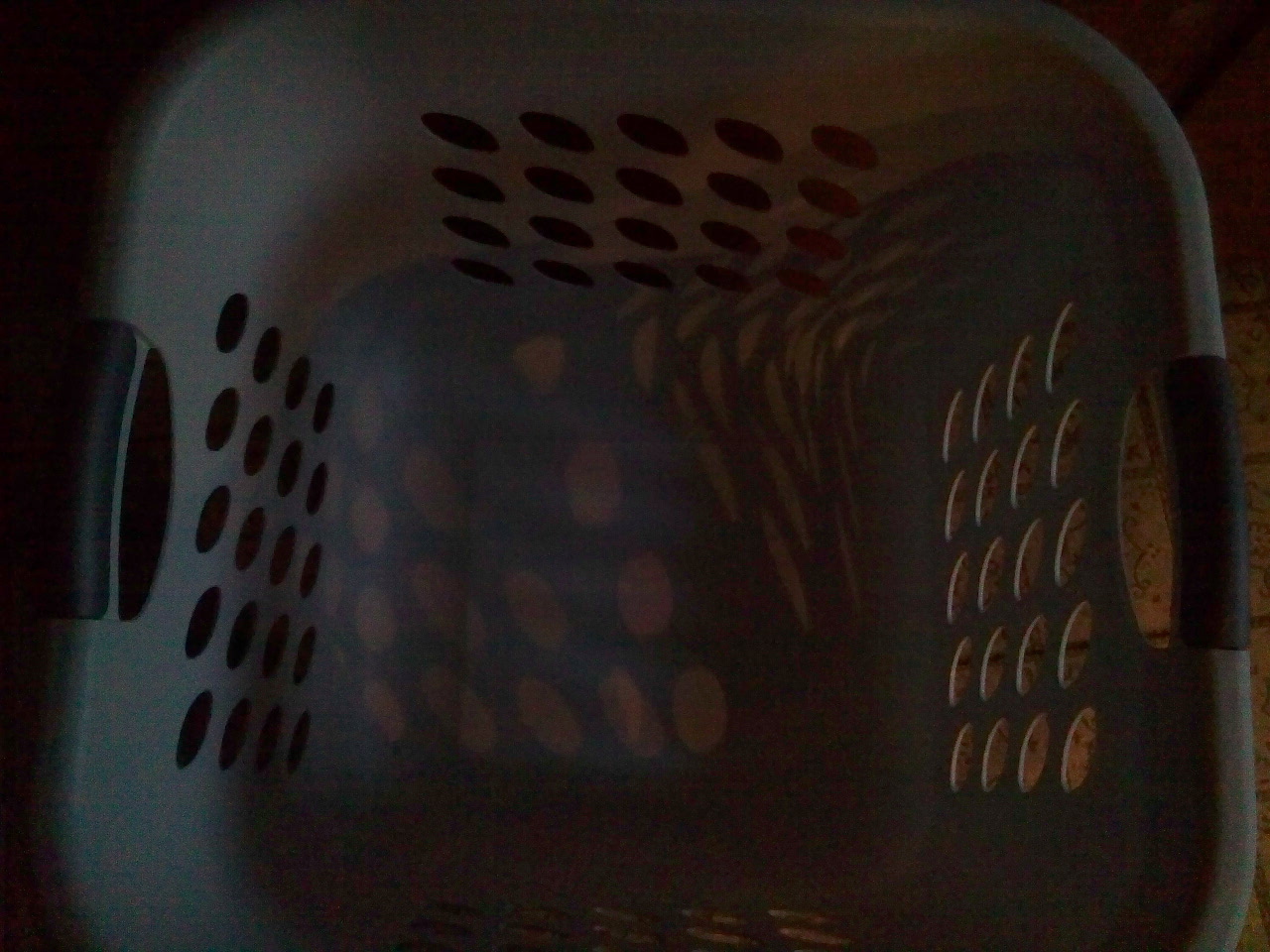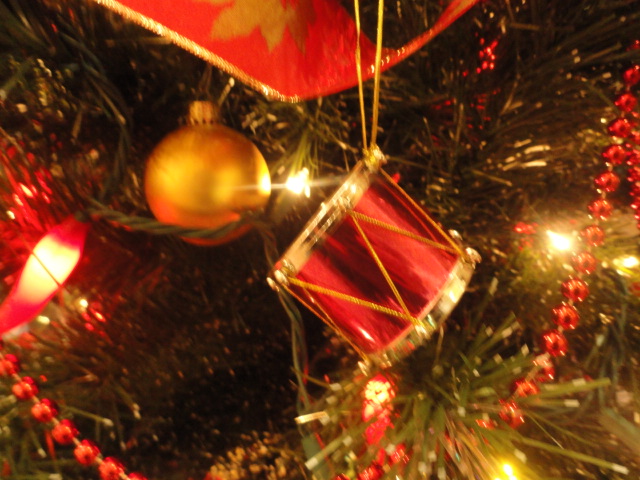
I was asked in an interview recently whether I missed Kirby when he moved out. He knew he was moving just before he turned 21, and moved in August soon after his birthday.
Kirby is 24 now, and here was some of my response to whether I missed him:
No. I thought I would, but it's fine. I like to see him being so independent. I enjoy the excitement in his voice when he shares his firsts. First big purchases, first moving from an apartment to a house. He said he really appreciated that we always had milk and toilet paper, now that he sees that it's something someone has to think about and do.The rest of that interview is here: Feather and Nest Interview
. . . . I think when the child leaves naturally and positively, for a good reason, and the parents were willing to have him stay longer, there are fewer regrets and frustrations than under other circumstances.
a long time ago
